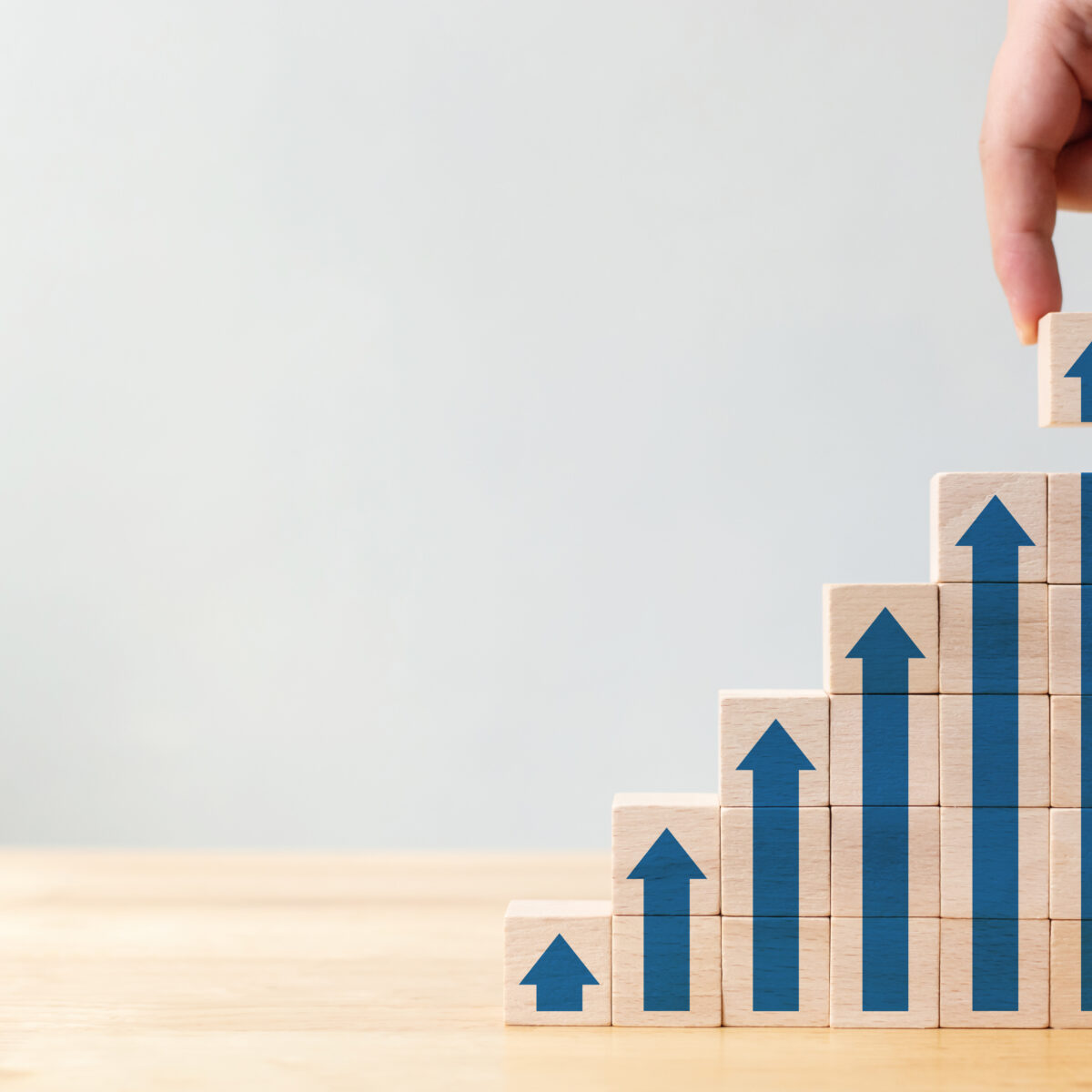Why I’m Putting My Money on the Older Horse
When I think of an entrepreneur, I think of someone forward-thinking, creative, energetic, and relentless. I also think of someone forty and up.
What? Our stereotypes don’t run that direction, do they? We’re more likely to think of Bill Gates or Mark Zuckerberg dropping out of college than someone who graduated twenty years before and who’s now starting a new venture. But that’s what the numbers say.
What the Numbers Tell Us
Researchers at Duke and Harvard studied startups earning at least $1 million and discovered the founders’ median age was thirty-nine. “Twice as many were older than 50 as were younger than 25,” said Vivek Wadhwa, who led the research team.
“In a follow-up project, we studied the backgrounds of 549 successful entrepreneurs in 12 high-growth industries,” Wadhwa said. “The average and median age of male founders in this group was 40, and a significant proportion were older than 50.”
Almost 30 percent of Americans aged forty-five to sixty-four run their own businesses, according to Scott Shane reporting numbers from the 2011 Global Entrepreneurship Monitor U.S. Report. For people thirty-four and younger, it’s not even 6 percent.
Despite these numbers, people assume that the young are the most likely to drive innovation and business growth. The result is that investors entrust money in untried executives, while the people with the most to contribute sometimes doubt they have anything left to offer.
The Main Reason ‘Age’ Means ‘Edge’
I’ve been entrepreneurial my whole life, but the truth is I’m in my prime now and doing better work today than ever before. And that’s true for the majority of entrepreneurs.
The reasons are simple. They all come down to one thing—resources. As a rule, we acquire the resources we need to succeed as we get into our middle years. Think of it as an advantage in capital. Middle-aged entrepreneurs have more:
- Life capital. It takes more than a great idea to run a company. Maturity and experience are major factors in decision-making, team-building, financial planning, and more. And there’s no substitute for time in developing them.
- Intellectual capital. More years means more knowledge. And because of age, this knowledge is fully integrated and intuitive. That means older entrepreneurs have a better chance of seeing problems and finding solutions.
- Social capital. Professional and personal relationships are critical for success, especially in today’s economy. Older entrepreneurs have had the necessary years to invest in friendships and build their networks.
- Financial capital. Money matters, and middle-aged entrepreneurs are more likely to have the resources to back their own ventures. Wadhwa tells the story of a fifty-six-year-old who created an iPhone case that performs EKGs. He started his company with a quarter million of his own savings. Not many twenty-five-year-olds can do that.
What Does It Mean for You?
I’ve written before about why retirement is a dirty word. When I was young, the dream was to retire at fifty. Now it turns out those may be the best years for creating new and exciting products, running high-growth businesses, and leveraging our insights and strengths.
Age isn’t a disqualifier for entrepreneurs. It’s more like a prerequisite. Mark Zuckerberg’s story makes great copy, but you can’t build an economy on it. To do that requires millions of people investing their time, leveraging their talents, and contributing their unique insights—especially those shaped by experience.
What does this mean if you’re middle aged and older? If you feel like you’re getting passed up by brilliant kids with bright ideas, you’re not. Your best years are either now or just coming. Be encouraged. Set big goals. And stay with it.
If you are one of those brilliant kids with bright ideas, stay humble and see what you can learn from middle-aged entrepreneurs about growing a business. Their perspective and personal experience can make all the difference in your future success.
Disclosure of Material Connection: Some of the links in the post above are “affiliate links.” This means if you click on the link and purchase the item, we will receive an affiliate commission. Regardless, we only recommend products or services we use and believe will add value to our readers. We are disclosing this in accordance with the Federal Trade Commission’s 16 CFR, Part 255: “Guides Concerning the Use of Endorsements and Testimonials in Advertising.










